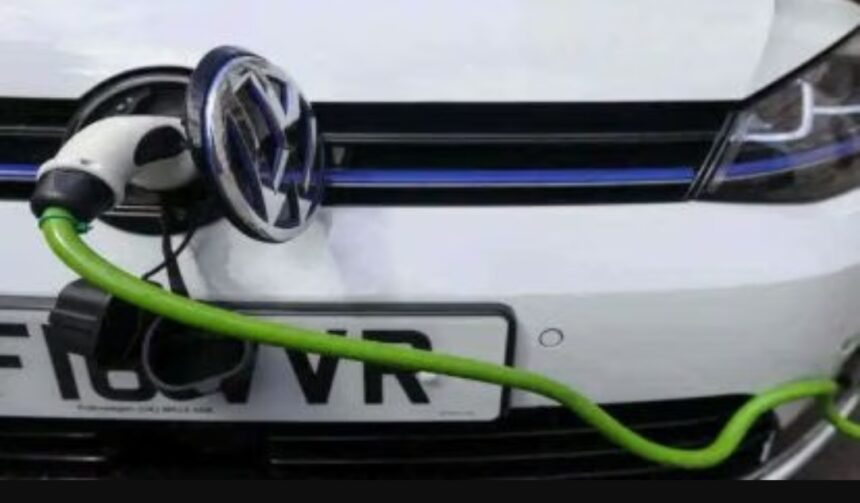FICCI has also proposed the government to support small electric cars through incentives under the FAME scheme.
FICCI EV committee chairman Sulajja Firodia Motwani said the government should not dilute the Make in India initiative and follow a consistent policy, amid pressure from US electric car maker Tesla over its activities. special incentive to install their factory in the country.
Motwani, founder and CEO of Kinetic Green which sells three-wheelers, scooters, e-bikes and battery-powered carts, is also focused on creating a comprehensive ecosystem for growth. of the electric vehicle segment.
She also fought to maintain incentives for purchasing electric vehicles to support demand in the coming years.
Motwani also noted that the industry body is also promoting the introduction of electric cars priced up to Rs 20 lakh to avail incentives under India’s third adoption and adoption scheme to produce Faster production of electric and hybrid vehicles (FAME). “I strongly believe that the Make in India policies that the government has introduced should not be reversed because now people have started investing in local manufacturing,” Motwani told PTI.
She added that if they do not diligently comply, manufacturers will switch to importing components from other countries, including China.
When asked whether US carmaker Tesla should get policy support to enter the Indian market, Motwani said: “As for entering some of the premium carmakers like Tesla, I Don’t know the details of this proposal, but I think it’s relevant.” . to a significant investment. But personally I still think there should be no confusion and the policy should be consistent.
People need to know that there is a policy in place and it must be followed, she emphasized.
“One day you should not say that Make in India is important… and then you say that now customs duty has come down. The policy must be consistent and long-lasting,” Motwani said.
She noted that India should definitely focus on Make in India as this will only create competitiveness in the long run.
“Otherwise, we will become a country where people use electric vehicles but the materials needed to produce them come from other countries,” she added.
Motwani said FICCI has also proposed to the government to support small electric cars through incentives under the FAME scheme.
“FICCI has given its recommendation to the Ministry of Heavy Industries on the FAME 3 program and said that now we should also look at passenger cars because the public is really interested. We only give incentives on cars worth up to Rs 20 lakh,” she noted.
The FAME India programme, first introduced on April 1, 2019, now targets public and commercial transport in the electric three-wheeler, electric four-wheeler and electric bus segments.
The benefit of the offer is also available for registered private electric two-wheelers (e-2W).
Motwani said that until battery prices come down significantly, demand needs to continue to be encouraged over the next three to five years.
She noted that now is the time for a deeper inter-ministerial dialogue on the electric vehicle segment. “I think now is the time to set up working groups to look at creating the ecosystem over the next five years,” Motwani said. Assuming that demand dynamics continue accompanied by demand incentives, we also need to create an ecosystem with all stakeholders on board.”
For more information, visit at https://happenrecently.com/zepto/?amp=1



